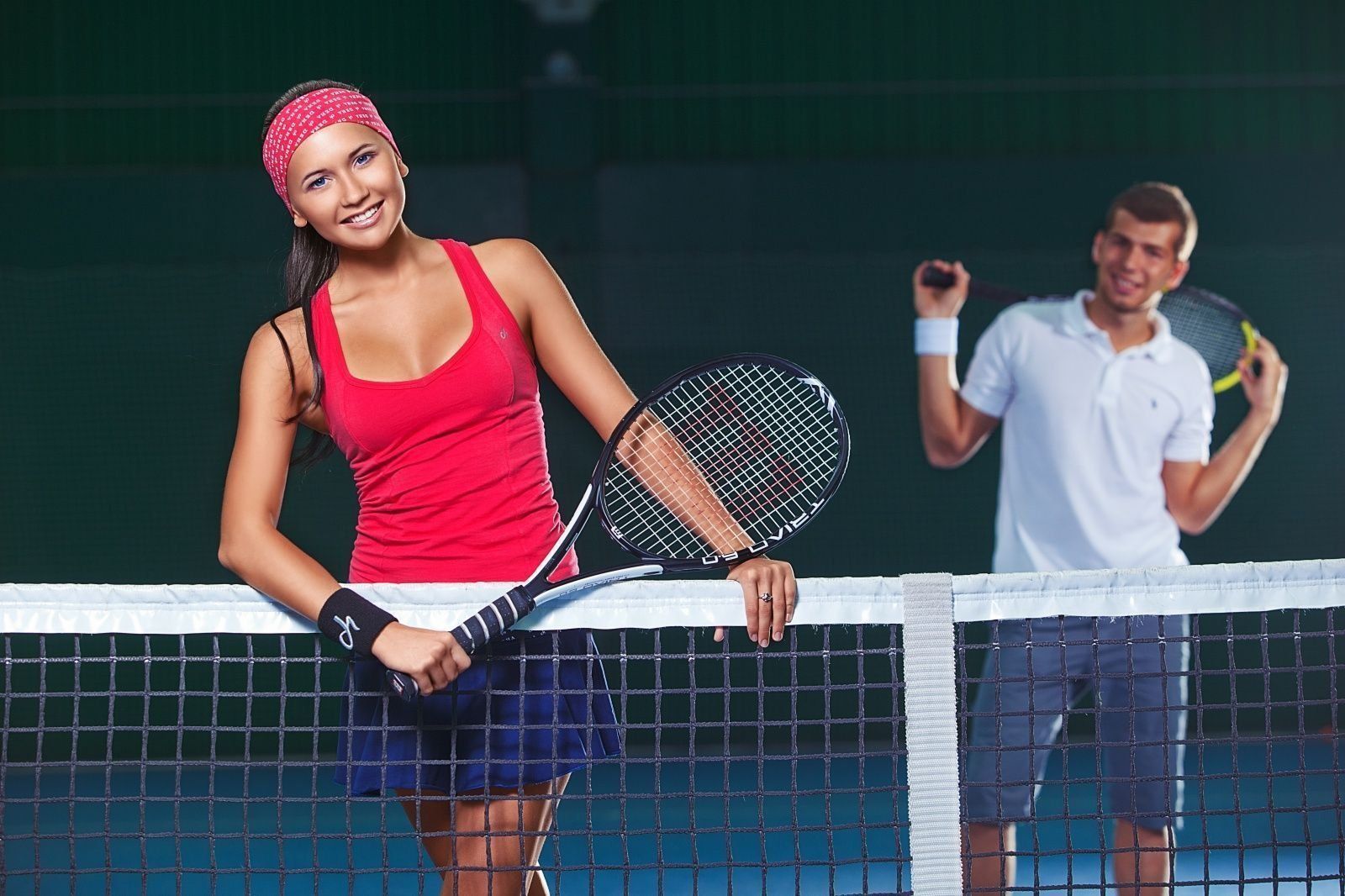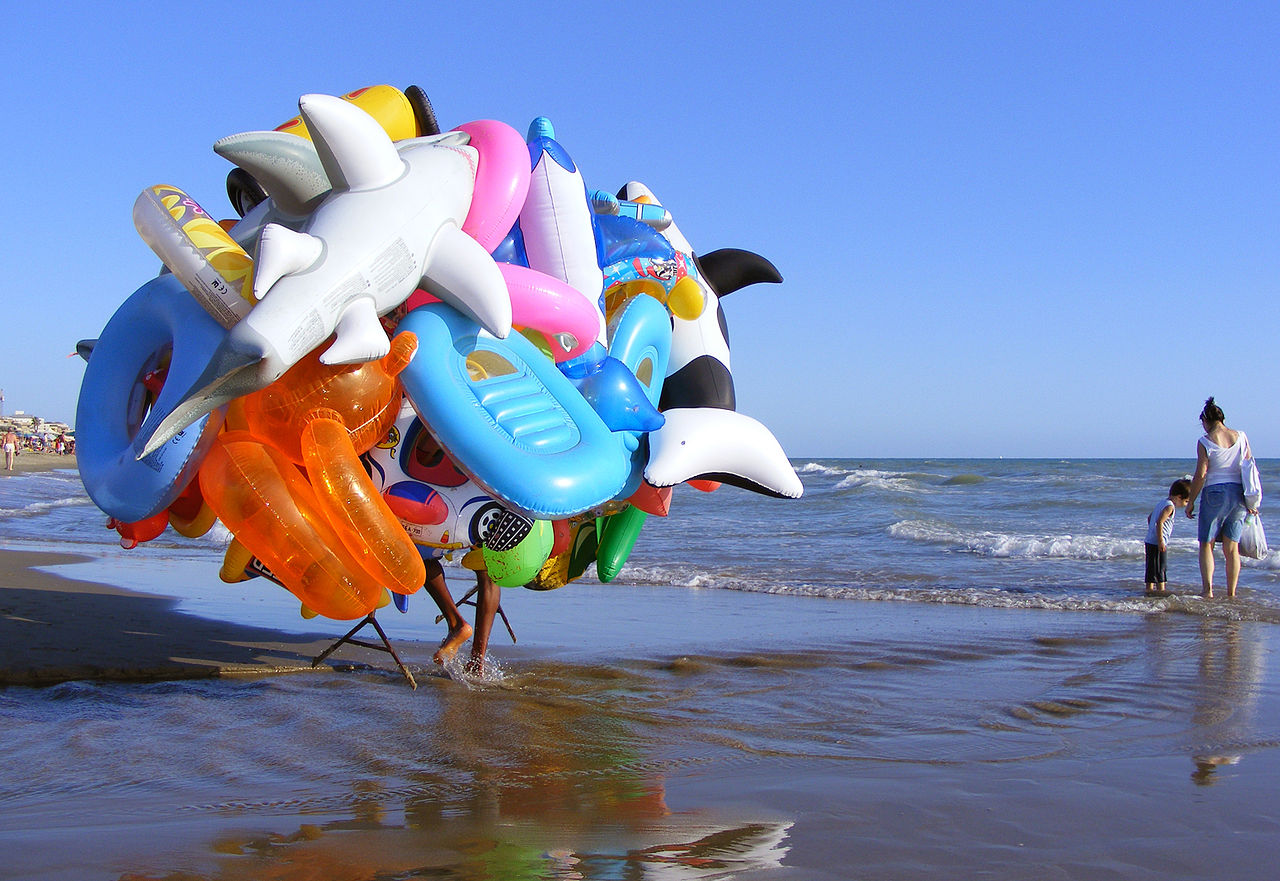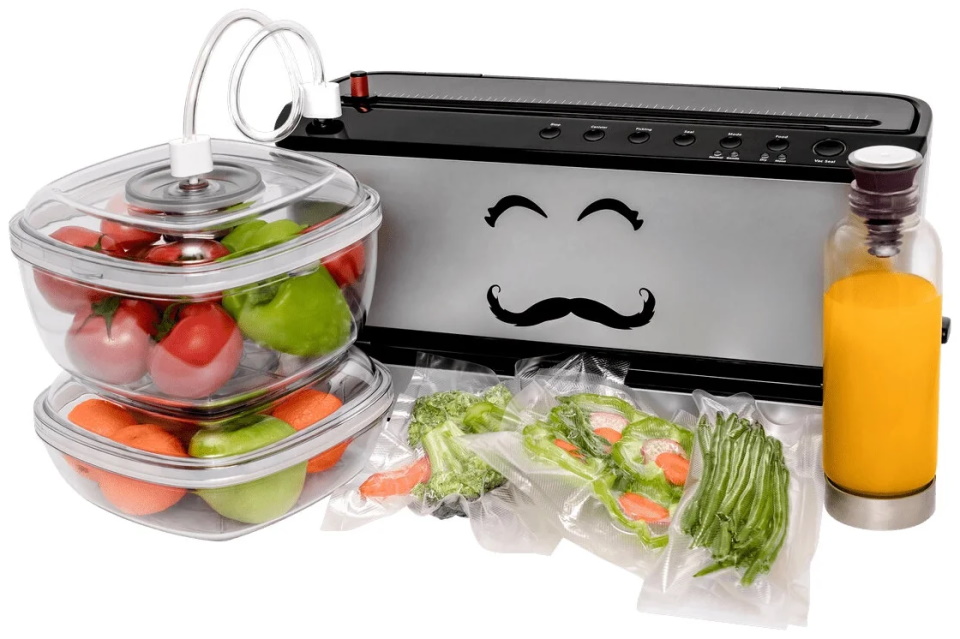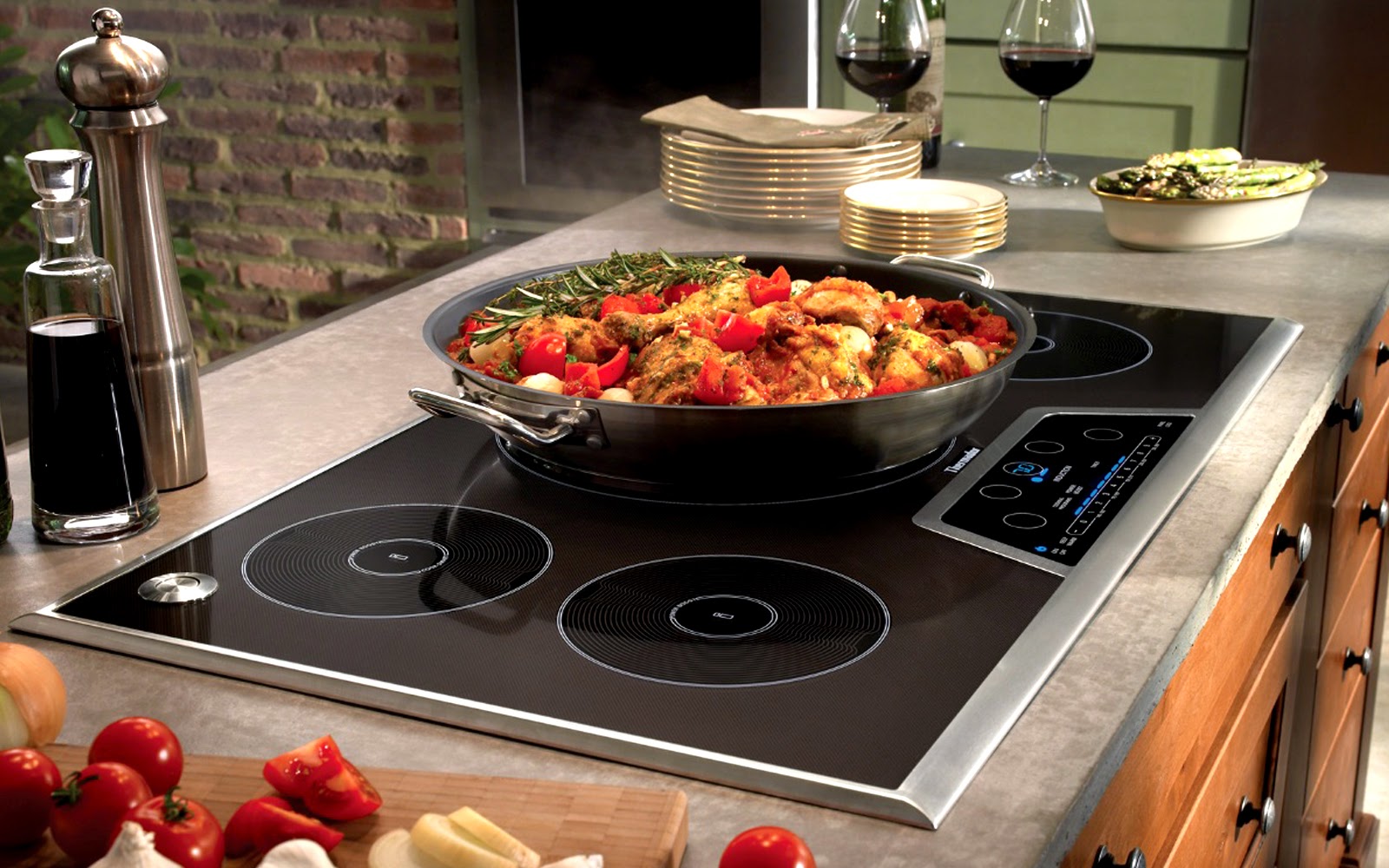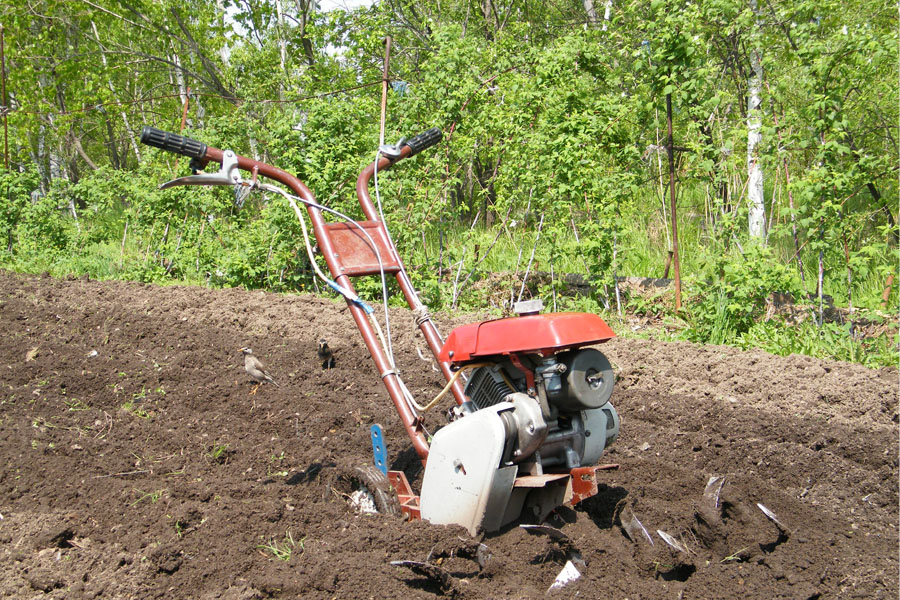Best winter running shoes for 2022
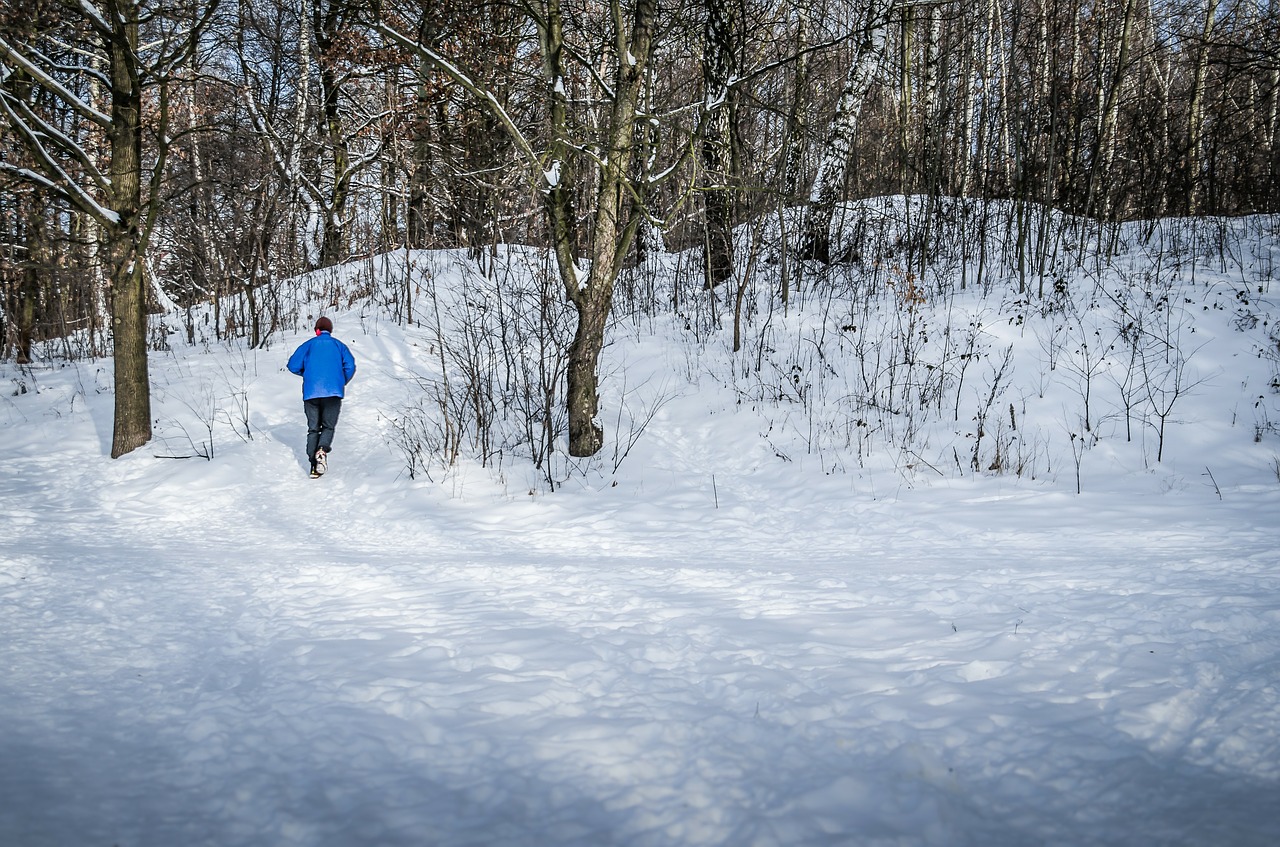
Many perceive running on the street as a sport only in the warm season. However, running in winter is not only possible, but also necessary, however, on one condition that the equipment for such activities is chosen correctly. And one of the main components are sneakers suitable for winter running. We will understand the selection criteria and the best models of winter running shoes.
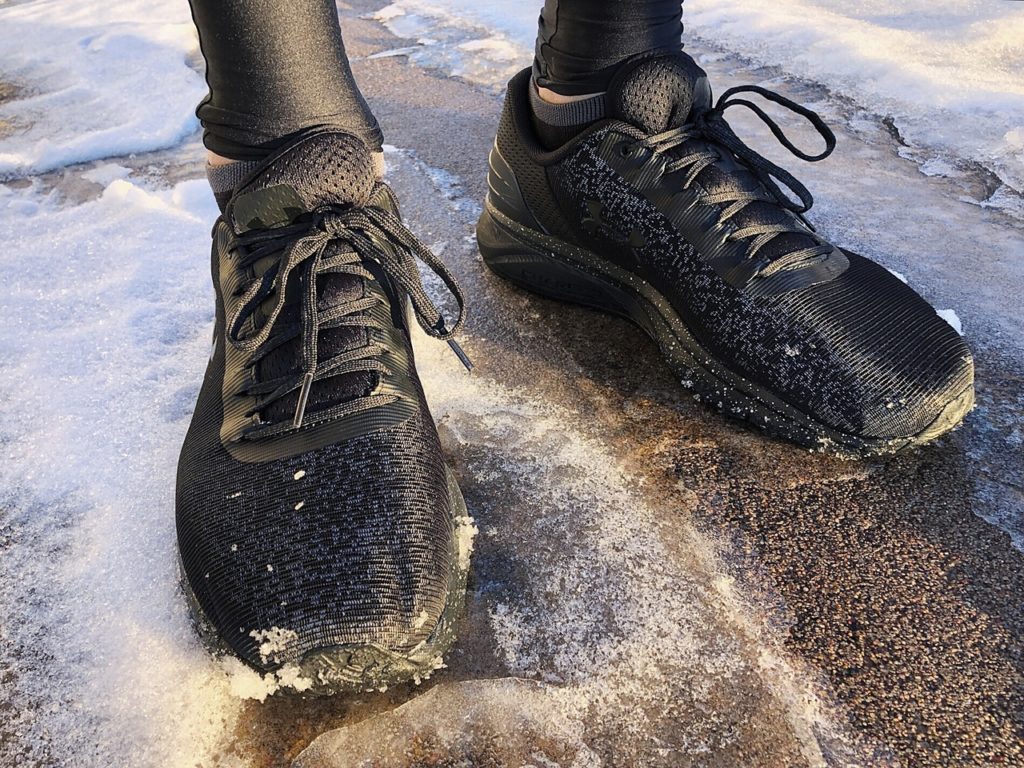
Content [Hide]
Criteria for choosing winter running shoes
A person who first thinks about jogging outdoors in winter often makes the mistake of choosing insulated options in the first place. But running shoes should not be warm. Its main qualities and, as a result, the selection criteria are:
- tightness;
- impermeability;
- stability on slippery surfaces;
- protection against snow ingress, for regions with high snow cover.
Let's take a look at each criterion.
Wind and moisture protection
We propose to consider these criteria in conjunction, since for this we have to evaluate the material of the top of the sneakers. If in summer athletes prefer shoes with good air permeability, often mesh, then in winter such material will not work. Since even though the foot will warm naturally due to physical activity, due to wind blowing, cooling will occur very quickly. The result is a loss of sensation in the fingers, the risk of chilling the legs and, as a result, a cold.
As for moisture protection, in the context of winter running, this is more relevant when training takes place in loose snow conditions or in regions with unstable temperature conditions, when dense snow can change into dirty liquid slurry during the day. If the sneakers are subject to getting wet, then the feet can get wet with all the ensuing consequences mentioned above.
The best option that provides moisture protection is membrane sneakers. It seems that many have seen the test of shoes with a patented gore-tex membrane, when the sneaker is literally lowered into the water, while moisture does not penetrate inside.
Membrane shoes also do an excellent job of retaining internal heat and protect well from the wind.
Some brands, like Icebug, offer a special waterproof insert as a kind of membrane replacement that prevents shoes from getting wet. But it is worth considering that such an insert usually runs along the bottom edge of the boot, so if moisture gets above such an insert, there is still a risk of getting wet.
Anti-slip coating
Here it is necessary to evaluate the tread of shoes. Moreover, some are mistaken, believing that if the tread has an aggressive, pronounced pattern, as for a trail, then such shoes will not be slippery a priori. This is not the case, the tread can have a well-developed relief, but the material itself is not designed for traction with trampled slippery snow or ice. Those. on rough terrain through mud or loose soil, such shoes will provide traction, but on snowy crust, the legs will literally begin to disperse.
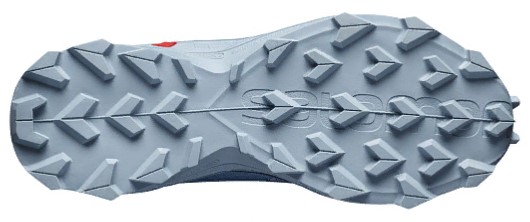
Therefore, the first rule is to evaluate the quality of rubber.
The second rule is to look at additional elements. It can be special anti-slip inserts or spikes. The first option is a more versatile shoe, you can also run in it on asphalt areas, the second one is designed for jogging, where there are a lot of icy or slippery snow-covered areas, it will be extremely uncomfortable on asphalt in such “spikes”.

Anti-slip inserts
I would like to note the importance of a non-slip tread even when it would seem that there is not much snow.After all, even a small slippery area, especially when it suddenly appeared on the way, can provoke an injury, due to the insecure setting of the foot, there may be a sprain or dislocation of the ankle, or a fall with various consequences.

Model with spikes
Protection against snow getting inside the boot
This factor is significant for athletes who train in conditions of high snow cover and loose snow, roughly speaking, when they have to run through snowdrifts. In this case, we recommend paying attention to high-top sneakers that cover the ankle.
Such models, in addition to protection from snow getting inside, will provide additional support to the joint, which is also good in general. However, it is worth noting that running in shoes of this height will take some getting used to, as the sensations are different from those when running in lower shoes.
By the way, the functionality of quick lacing will be a nice bonus for winter running shoes, since it can be quite problematic to fix the lacing in the cold with hardened fingers.
Best winter running shoes for 2022
The best gore-tex sneakers
SALOMON Alphacross Blast GTX
votes 7
There are variations for women and men. This model is suitable for running in winter and in the off-season, the tread pattern and relief make this pair indispensable on off-road or on loose snow. The membrane will not allow moisture to penetrate inside. And comfort on a variety of surfaces will be ensured by soft lining, foam cushioning and an improved fit. These low-top sneakers feature a neutral pronation, classic lacing and an anatomical insole. The weight of the female model is 270 gr.
Cost: 8990 rubles.

- One of the best trail options in any season;
- outsole is an aggressive tread and durable rubber compound;
- The intermediate layer of foam perfectly absorbs shocks;
- feet stay dry
- ripstop fabric is resistant to abrasions and tears;
- The tongue attachment design connected to the upper prevents stones and dirt from getting inside.
- no.
Asics Gel-Sonoma 5 G-TX
votes 4
A great all-round shoe that will suit those who prefer road running, but will not mind turning off the dirt or running on the crossroads, or just falling snow. A great option for running in cool weather, in rain or snow.
As with most of the brand's models, ASICS Gel is responsible for cushioning in the heel area, and there is also an AmpliFoam midsole. Comfortable fit and comfort when running will also provide a special insole. Pronation is neutral.
Cost: 8490 rubles.
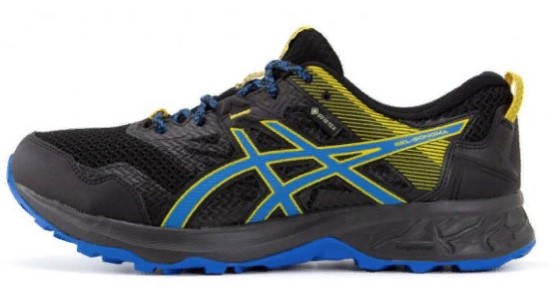
- Good cushioning;
- Suitable for long runs
- The outsole is made of hard rubber, resistant to abrasion;
- The tread has reversible lugs that will give extra traction when driving uphill and downhill.
- There are no significant ones.
Mizuno 2019-20 Wave Rider GTX
votes 0
The men's model, which has a light weight, less than 300 grams, is characterized by comfort due to a special layer under the insole and a foam layer. And the CLOUDWAVE technology allows you to smoothly distribute the shock load at the moment when the shoe comes into contact with the surface.
The special tread pattern provides decent grip on any type of surface, except for ice, perhaps.
Pronation is neutral.
The cost of a pair is 13,500 rubles.
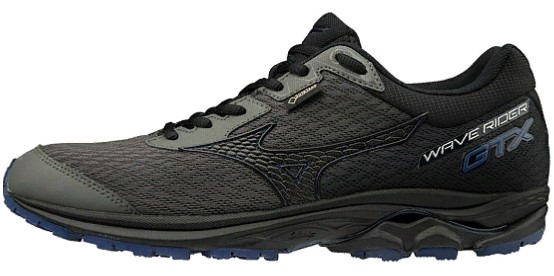
- MIZUNO WAVE technology, which gives extra strength at the moment of repulsion;
- A light weight;
- The presence of protective inserts;
- There are reflective elements;
- Can be used for both training and competition.
- There are no significant ones.
The best high top sneakers for winter running
Saucony 2018-19 RAZOR ICE+ TBD
votes 0
The model is mostly designed for winter trail running on loose high snow. Internal fit technology and a comfortable gaiter insole adapt the shoe to the movements of the athlete, ensuring comfort. The tread provides exceptional traction, while the #VIBRAM# Arctic Grip outsole delivers extreme traction in icy conditions.
Pronation is neutral. The weight of the pair is 329 gr.
The cost of a pair is from 9400 rubles.
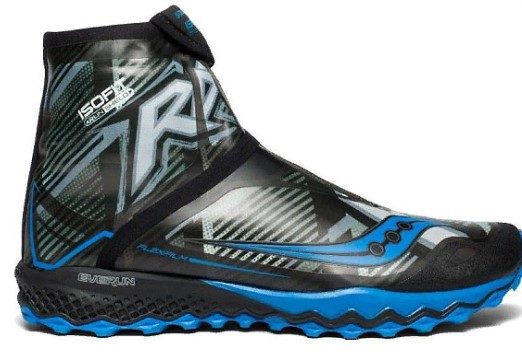
- A high boot prevents stones, snow, dirt from getting inside;
- The tread is exceptionally resistant to abrasion;
- Comfortable fit;
- Stylish appearance;
- There is a moisture resistant impregnation.
- With prolonged contact with water, getting wet is still possible;
- Not the lightest model, but given that these are not competitive shoes, this drawback is very conditional.
Hoka One One Speedgoat Mid 2 G-TX
votes 1
This is a training model. Not only the gore-tex membrane is designed to prevent getting your feet wet, but also a special high cuff. The outsole has multiple multi-directional lugs that will prevent slipping on ice and wet areas.
This pair will draw attention with its unusual outsole, which will ensure a smooth and quick transition from the landing phase to the take-off phase for the next running stride. The impact load is designed to smooth out the soft heel.

The pronation is neutral, the difference is 4 cm. The weight of the male model in size 42 is 376 gr.
Cost: 15200 rubles.
- Soft model;
- the foot is very comfortable, the shoe sits stably;
- the presence of side pads that protect the legs in extreme conditions (impacts on stones, roots, etc.);
- The Vibram MegaGrip outsole is flexible enough to provide reliable traction on various types of terrain.
- The weight.
Salomon Snowspike CSWP
votes 1
A studded version of the high top sneaker. Here, additional comfort is provided by a quick lacing system with a latch and a special pocket, which allows you not to think about interfering laces while jogging. The foot in these sneakers is fixed evenly and securely.

Thanks to the Salomon Clima Salomon Waterproof technology used, the foot in this shoe is reliably protected, and the model itself is characterized by good breathability and the ability to dry quickly.
Pronation is neutral, cushioning is weak. The weight of the male model is 400 gr.
Cost: about 16,000 rubles.
- Excellent grip and reliability on any terrain from loose soil to ice;
- Excellent fixation of the foot, which can prevent injuries to the ankle joint due to twisting;
- There is an overlay for fingers to prevent bruises;
- There is a ClimaSalomon membrane.
- Perhaps only the weight, although, given that the model is equipped with 12 spikes, this figure is expected.
The best studded sneakers
Asics Gel-FujiSetsu 3 GTX
votes 0
The first and main purpose of this model is off-road running, which provides an aggressive tread. However, the addition of 15 tungsten studs and the use of membrane technology make this model ideal for winter running. Cushioning is provided by the Gel insert. Neutral pronation, classic lacing. Weight of sneakers - 300 gr.

Model for men, size range from size 40.
The cost is 11990 rubles.
- 15 tungsten spikes;
- pads to protect fingers from injury and damage, which is especially important when running over rough terrain;
- membrane technology does not allow moisture inside;
- the presence of reflective inserts;
- There is a loop on the back for easy dressing.
- Not identified.
Icebug Oribi5 BUGrip
votes 0
This studded representative is a competitive model. 16 steel spikes provide sure grip with the surface. The cushioning of the model is weak, provided by its lightweight EVA foam. The sole is quite soft, but has additional reinforcement from breaking through stones or sharp ice corners.
This model is distinguished by an adaptive grip system, that is, depending on the intensity of running and the density of the surface, the studs are pressed into the outsole, which also guarantees less wear on the studs themselves.
Water protection is provided by a special overlay, which also improves the stability of the sneaker.
Cost: from 12,000 rubles.
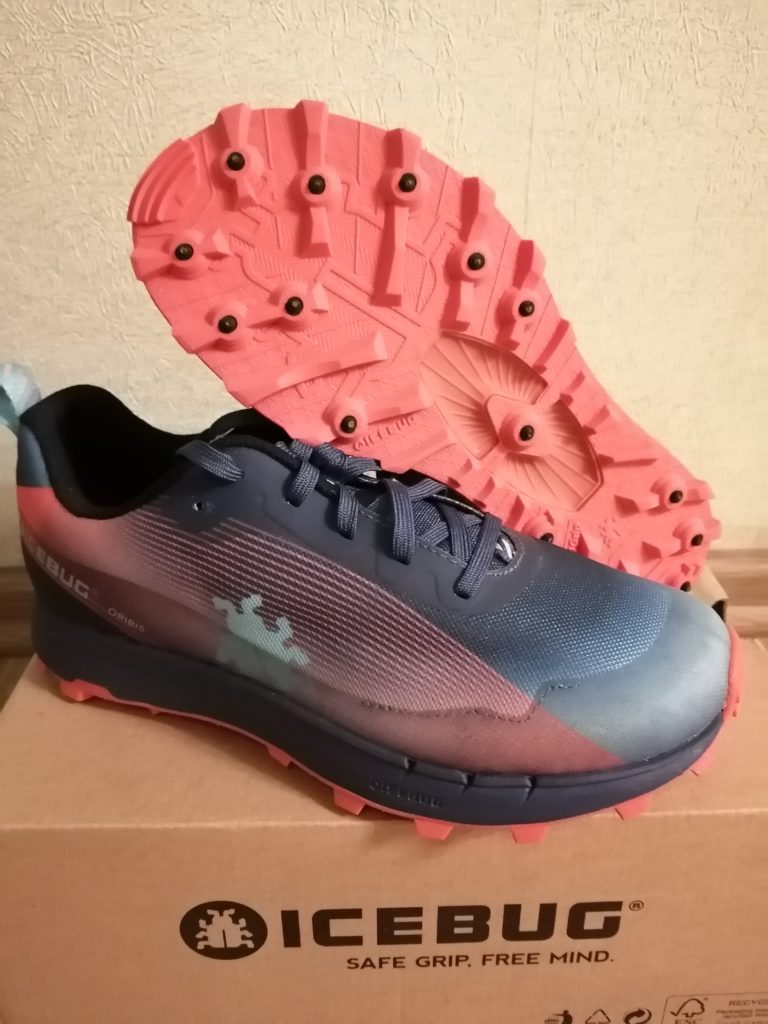
- A light weight;
- Protection against penetration of the sole;
- Adaptive clutch system;
- Reliable fixation of the foot.
- Membraneless option.
Salomon Spikecross 5G-TX
votes 0
These sneakers have almost everything you need for winter running: membrane technology, which makes the model resistant to moisture, and an aggressive tread that can not how much even the loosest ground and snow, and 12 tungsten spikes that will not let the athlete get lost when running on ice.
The fit is comfortable, with mid-level cushioning provided by an EVA midsole. Pronation - neutral, difference - more than 9 cm.The male model weighs 42 sizes about 365 gr.
Cost: about 13,000 rubles.

- Membrane technology;
- 12 tungsten spikes;
- quick lacing system;
- protective inserts on the sides;
- good weight for a studded model.
- there are no significant ones.
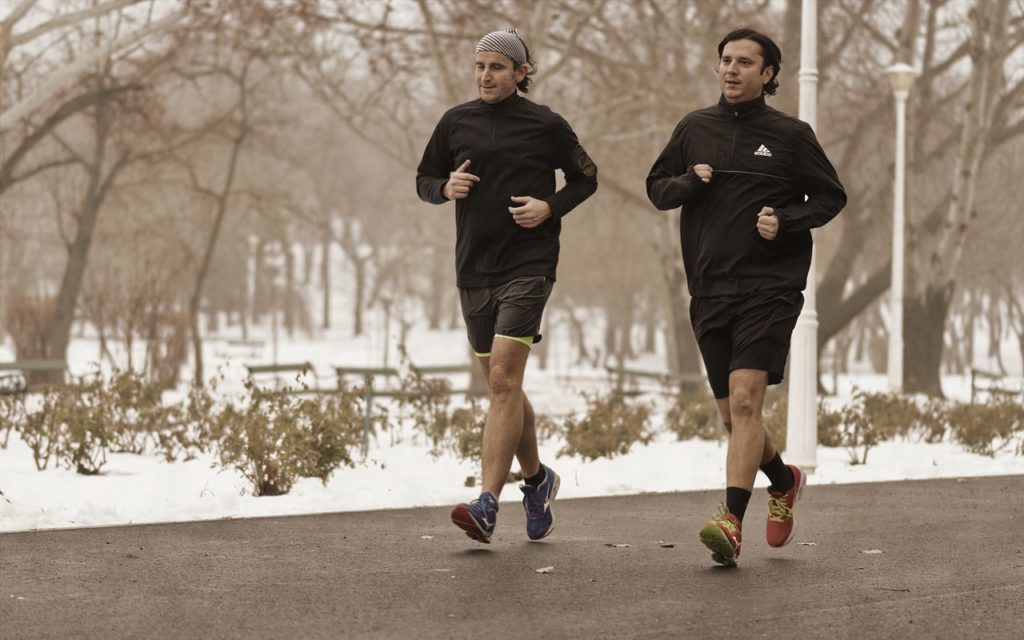
Afterword
The material collected models of sneakers that boldly claim the title of the best because they can be used in various climatic conditions, on different surfaces, including when running on ice or loose snow.
In fairness, it should be noted that such whales of the sports industry as Adidas or Nike also have models in their product range that are positioned as for winter running, but these are either asphalt options with a non-slippery tread that can be used mostly in snowless regions, or narrow trail option. Membrane models are also found in these brands. Therefore, if from the options presented above, something did not suit you according to the characteristics, we recommend that you visit the official websites of all the brands noted in the article and use the criteria to choose your pair of winter running shoes.
new entries
Categories
Useful
Popular Articles
-

Top ranking of the best and cheapest scooters up to 50cc in 2022
Views: 131651 -

Rating of the best soundproofing materials for an apartment in 2022
Views: 127690 -

Rating of cheap analogues of expensive medicines for flu and colds for 2022
Views: 124519 -

The best men's sneakers in 2022
Views: 124033 -

The Best Complex Vitamins in 2022
Views: 121940 -

Top ranking of the best smartwatches 2022 - price-quality ratio
Views: 114980 -

The best paint for gray hair - top rating 2022
Views: 113395 -

Ranking of the best wood paints for interior work in 2022
Views: 110318 -

Rating of the best spinning reels in 2022
Views: 105329 -

Ranking of the best sex dolls for men for 2022
Views: 104366 -

Ranking of the best action cameras from China in 2022
Views: 102216 -

The most effective calcium preparations for adults and children in 2022
Views: 102011



